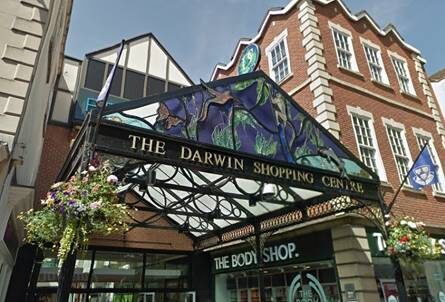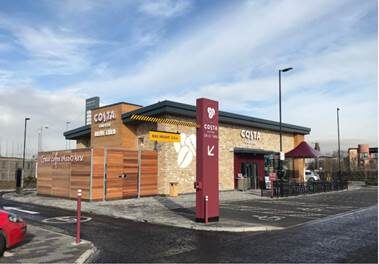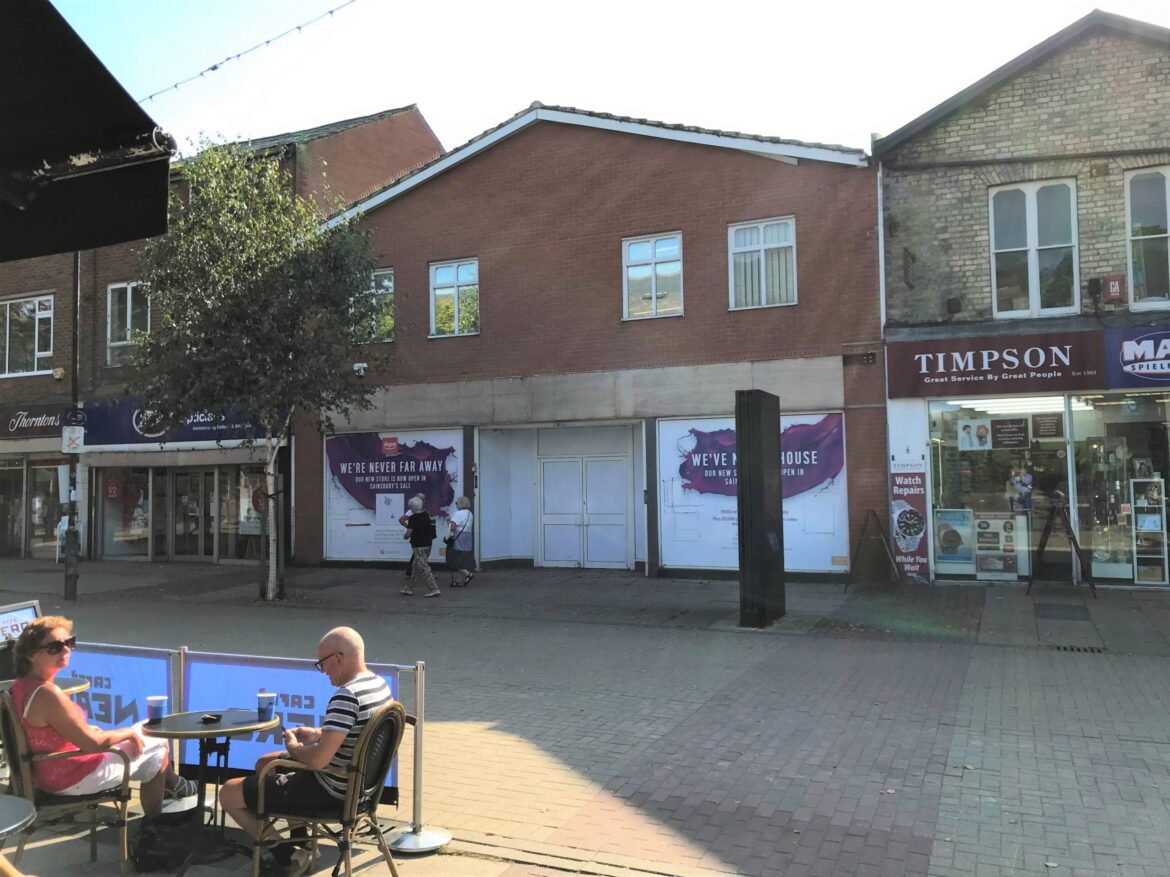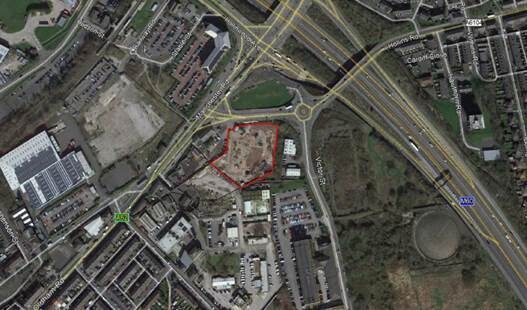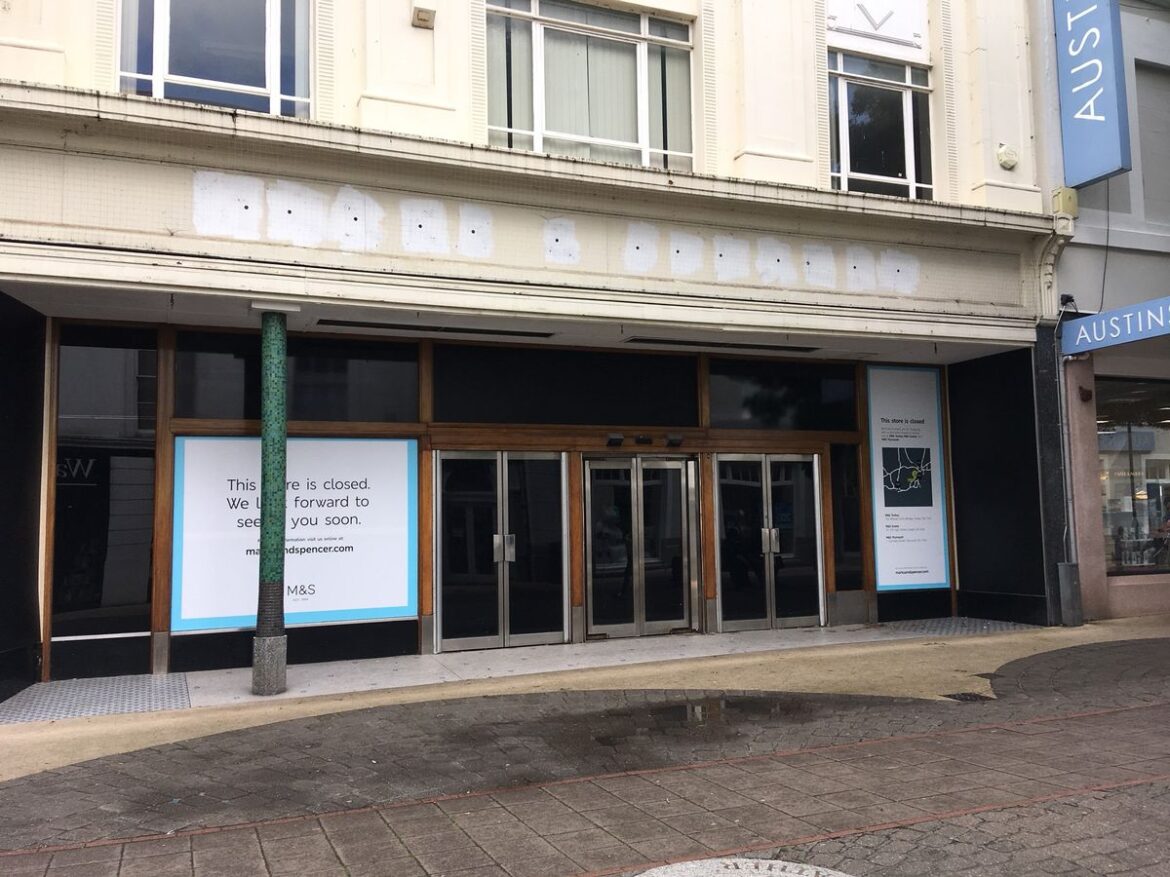The announcement in yesterday’s Spending Review that local authorities will no longer be able to access cheap debt from the Public Works Loans Board for yield arbitrage purposes has to be welcome news – if for no other reason than financial stability. Over a three year period from 2016, it is reported that local authorities spent a staggering £6.6bn on commercial property with almost 40% being outside of their boundary. For those who chose to “invest” (poor choice of terminology) in the retail sector, the outcome could prove to be a disaster for their finances. The fact that Croydon council has effectively declared itself bankrupt after taking loans of £545m to buy a shopping centre should serve as a warning.
It is estimated that over this period, a quarter of the investment activity was directed to the retail sector – and particularly shopping centres. Within our region, top of my list of atrocious investment purchases has to be Shropshire Councils purchase of the Darwin and Pride Hill Shopping Centres – yes – not one, but two shopping centres. In fairness, these schemes had been touted as a redevelopment play, but in my mind if the combined development experience of Shearer Property and the financial clout of Standard Life could not pull it off, why did the council think they could do otherwise?
Now, I am aware that not all purchases will have been made with Prudential borrowing. I am also in favor of councils being able to access cheap money if it genuinely acts as a catalyst for regeneration (the clue is in the name – “public works”). Everyone knows that the viability of development is challenged from the outset when there has to be a destruction of value to create value. Unfortunately, many councils make this equation even more difficult by paying too much for their shopping centres. Furthermore, with a recent survey by Korn Ferry predicting that over a third of retail bosses are expecting to reduce the size of their store portfolio within the next 12 months, an increasing queue of retail owners seeking to enhance the value of their equity stake through the use of CVA’s and shopping centres not being conducive to the surge in demand for click and collect facilities, the short term prognosis for value is bleak.
Looking forward, many town centres will continue to decline. One way or another, it will require local authorities to take a leading role if the decline is to be arrested. If you are a local authority contemplating an intervention into the retail market, never before has it been so important to obtain impartial professional advice before committing to a purchase (and a debt). Timing is everything. Knowledge is key.

